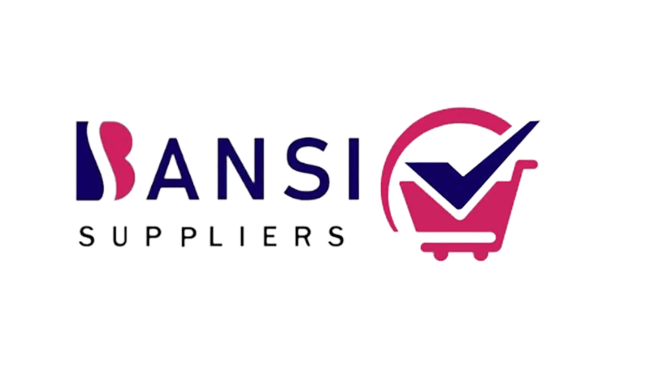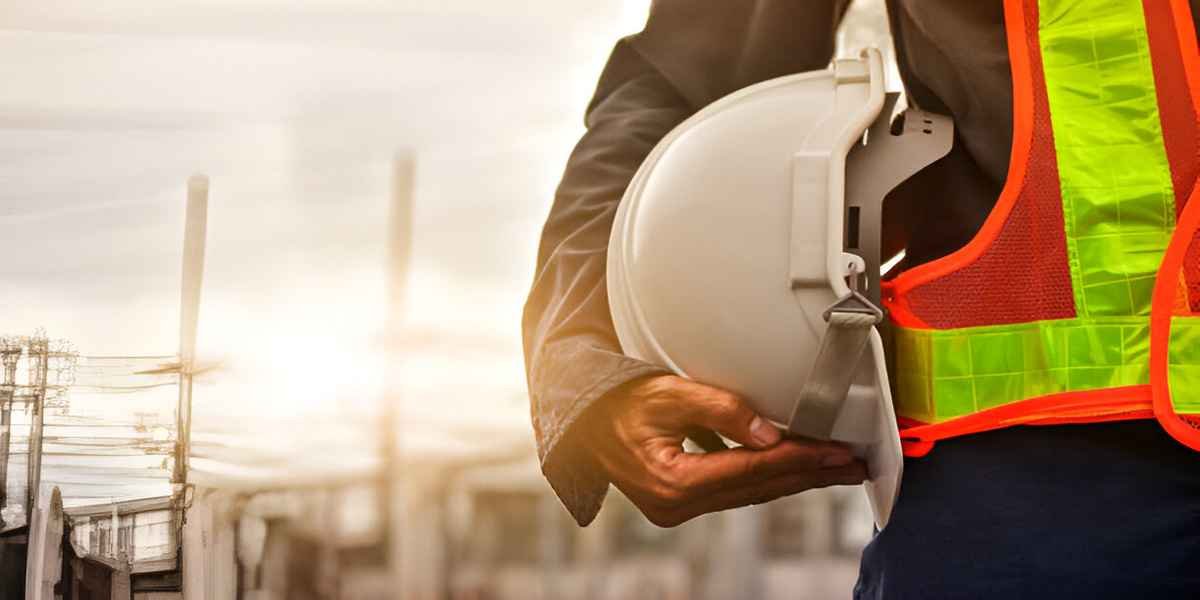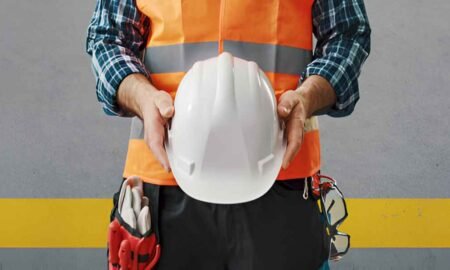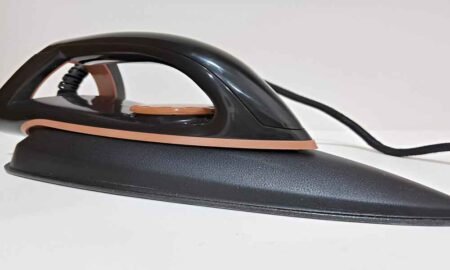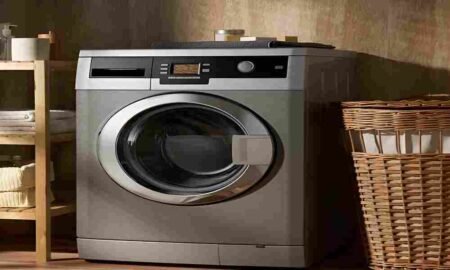Top 10 Safety Equipment Every Workplace in Kenya Should Have
Kenya’s businesses are very concerned about workplace safety. In any place where people work—construction, manufacturing, agriculture, or offices—putting safety first lowers accident risks, increases the amount of work done, and meets the rules for Kenyan labor laws. A great way to keep people safe at work is by giving them proper safety equipment.
This guide examines the top ten safety equipment items needed by every Kenyan workplace, including PPE and ways to act in an emergency.
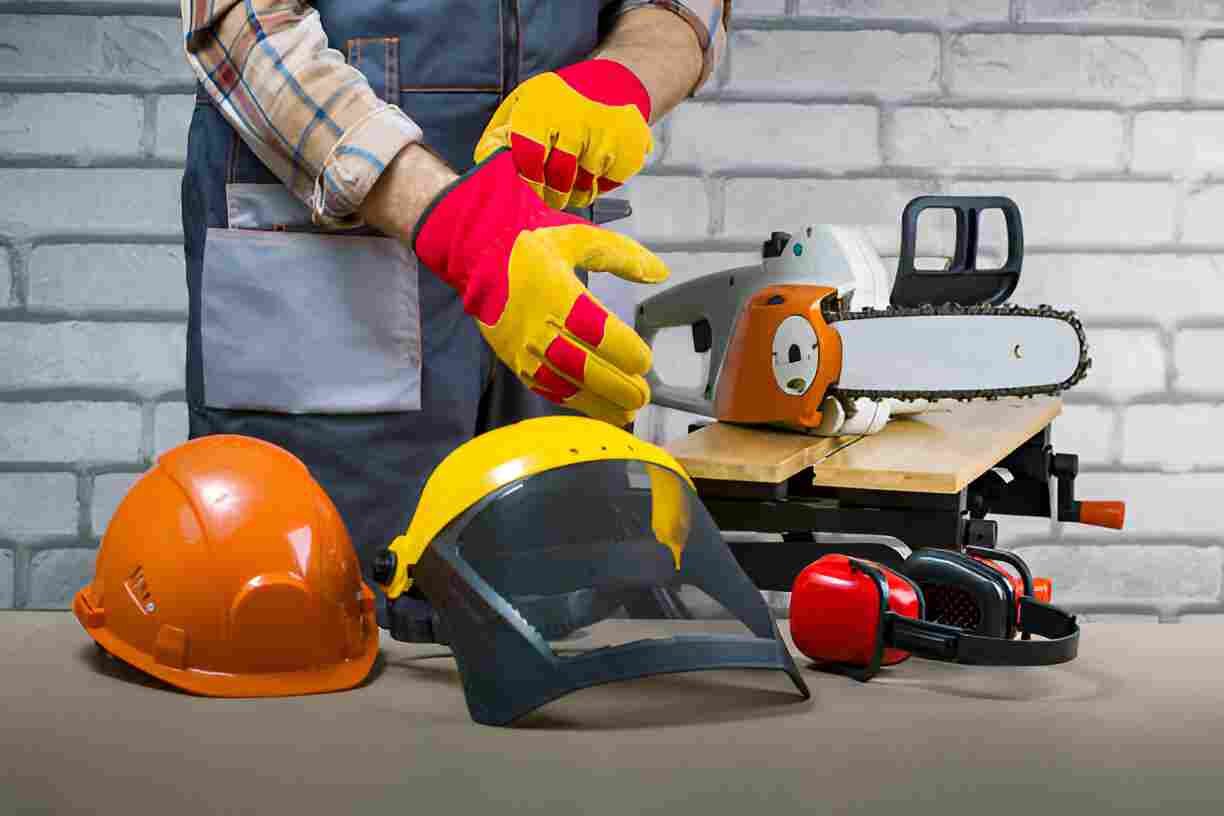 1. Safety Glasses/Goggles
1. Safety Glasses/Goggles
Many workplaces with flying debris, chemicals, or bright light are at risk of eye injuries. Workers protect themselves from various hazards by wearing safety glasses or goggles.
- Grains and bits of material
- Chemical splashes
- Welding flashes
Construction, welding teams, and lab personnel must wear eye protection to avoid serious eye damage in the future.
2. Safety Gloves
Cuts, burns, and exposure to chemicals can occur on our hands. There are safety gloves made from various substances to suit various risks:
- For work with sharp tools, you should choose cut-resistant gloves.
- Glove designs that resist common chemicals – For both lab and cleaning teams
- Hot gloves – Those who do welding and cooking need these
3. Safety Boots
In construction and manufacturing, foot injuries may be very severe. Safety boots offer:
- Steel toes prevent your feet from being hurt by dropped objects.
- Grasp-secure bottoms – Stops fall when the surface is wet
- Soles that can’t be punctured are necessary on construction sites.
4. Helmets designed for safety are necessary for many jobs.
Big risks in construction and mining come from falling objects. Workers wear hard hats as protection against the following:
- Tools or parts that fall.
- The helmet wasn’t designed to stop electrical shocks.
- Crashing into the body of the robot in tight conditions
5. Earplugs/Earmuffs
Living with excessively loud noise for a long time may cause your hearing to deteriorate. Protecting your ears is very important in:
- Factories using machinery for their production
- Sites where drilling happens
- The staff working on the ground at airports
6. Masks/Respirators
Inhaling minor dust, fumes, and chemicals can damage the lungs. Well-chosen respiratory protection is necessary.
- Choose a dust mask if you are working with wood or in construction.
- N95 respirators are needed in healthcare and while working with chemicals.
- Those with toxic air should always choose full-face respirators.
7. Safety for Workers for Suspended Work
If you work at heights (especially construction and window cleaning), you rely on fall protection gear to save your life. This includes:
- Safety harnesses
- Cords that secure a harness to something safe and solid
- The use of rope access is important in this sector.
8. Coveralls and Overalls
A number of professions call for wearing defensive clothing all over the body. Part of staying safe on the job is using protective clothing such as:
- For people doing welding and firefighting, flame-resistant suits are necessary
- Protective coveralls that resist chemicals – Used in labs and factories
- Workers on road projects are often required to wear high-visibility vests.
9. First Aid Kit
A well-stocked first aid kit is mandatory in every workplace. It should include:
- Bandages and antiseptics
- Burn gel and splints
- Emergency contact numbers
Regular training on basic first aid ensures employees can respond quickly to injuries.
10. Emergency Shutdown Equipment
Every year, machinery malfunctions cause many deaths. Emergency buttons, fire extinguishers, and switches that cut off power prevent many accidents.
